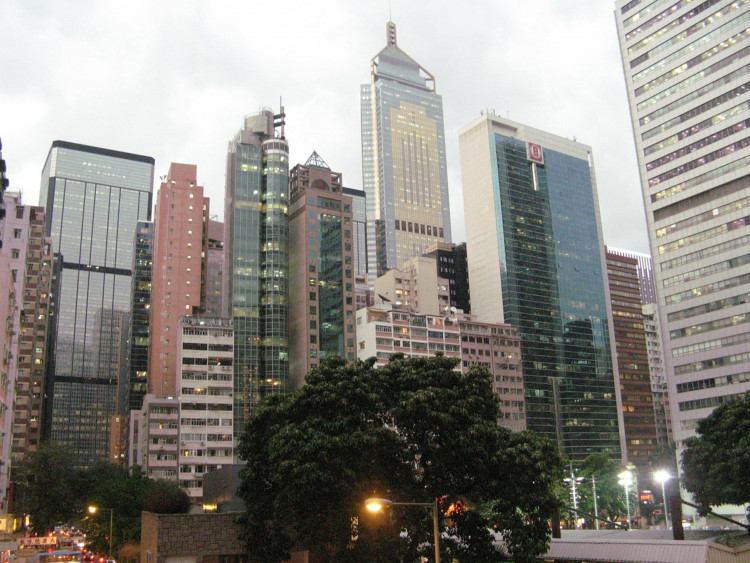Efforts undertaken by China's State Council to enhance one-stop services and boost the country's business and real estate landscape have made the work of property brokers less stressful.
In October, a regulation was passed during an executive meeting of the State Council on improving China's business and properties environment, stipulating that property developers must provide a one-stop registration service and make public the time required for each service, along with reducing both their duration and related costs.
The new policy, which came into effect on January 1, represents the Chinese cabinet's determination to reduce bureaucracy, strengthen monitoring of enforcement and enhance government services.
Over 50 percent of the 41 executive sessions of the cabinet last year addressed issues to boost the nation's business climate. These included rising taxes and fees, leveling the playing field under different types of ownership for companies, and promoting entrepreneurship and innovation.
The World Bank has noted China's progress on market reforms. In the Doing Business 2020 Report, China rose last year to 31st place in terms of business-friendliness, up from 46th a year earlier and 78th in 2017.
The study said it was the second year that the country made it to the list of the 10 most developed economies in the world, as it had implemented a record eight market reforms during the four quarters to May.
According to China's State Market Regulation report, laudable progress has been carried out on a series of Doing Business indicators, particularly in the area of construction permits. The report also said that almost 21.8 million new market players were registered in China last year, with nearly 20,000 companies registering on a daily basis.
Last year, the State Council's main initiatives to help businesses were large-scale tax cuts and a decrease in the contribution rate for social security. Chinese Premier Li Keqiang reported these in the Government Work Report in March.
Four executive meetings were held in March and April by the State Council to plan information on tax cuts and fee reductions.
Meanwhile, the value added tax for the manufacturing and industrial sectors was trimmed down from 16 percent to 13 percent and the rate of value added tax was also reduced from 10 percent to 9 percent for key sectors such as transport and construction.
The first two cuts were introduced in April, while the following month a lower social security contribution rate came into effect.






